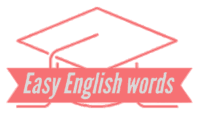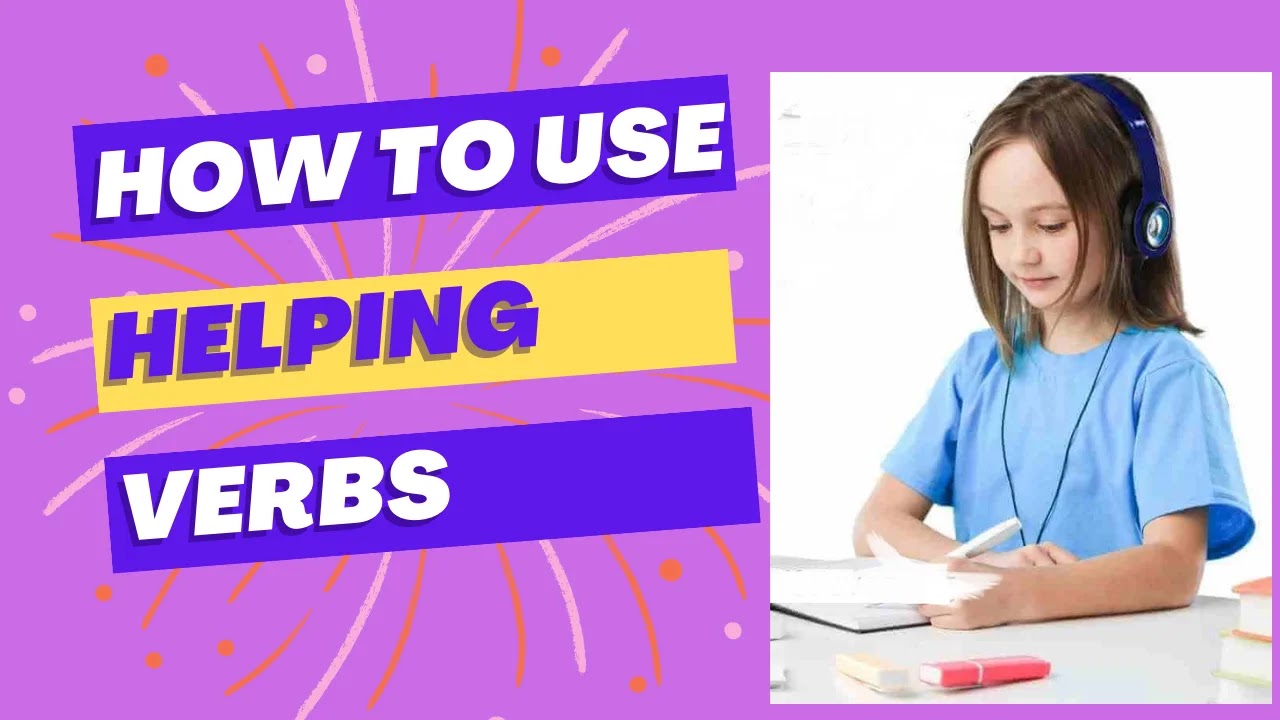Helping verbs are necessary for every English speaker, but they're not easy to use! In this post, we'll discover the 10 most common helping verbs and how they're used.
How to use helping verbs or supplementary verbs
am, is, are
was, were
be, being, been
do, did, does
have, has, had
may, might, must
can, could shall, should
will, would
HELPING VERBS EXPLAINED
We know every sentence must have a verb and a subject in order to clear a complete thought.
Occasionally we find, the verb of a judgment is one word. Other times the verb of a judgment
up of a main verb and one or further helping or supplementary verbs.
Now In these combinations, the last word of the group is generally called the ideational verb because it gives the main idea or notion and the helping words added to it are called supplementary or helping verbs.
These verbs which have veritably important supplementary uses are have, be and do.
1. THE AUXILIARY VERB "HAVE"
* " Have" is added to the once participle of the ideational verb to form the perfect tenses.
* I have set up the result of our problem,
* The church service will have finished by the time we arrived from the field.
2. THE AUXILIARY VERB "BE"
"Be" has two common auxiliary uses.
First, be is added to the present participle of the ideational verb to make the progressive form.
* David is playing the piano.
* The justice platoon has been fussing about the rainfall.
Alternate, be combines with the once participle of the ideational verb in order to form the
passive voice.
* I was told about the accident.
* The door has been damaged by the thieves.
3. THE AUXILIARY VERB "DO"
"Do" converges with the simple infinitive of the notional verb to make the assertive form in
present and past tense.
* I do not like the music,
* Yes, I did lock the house.
Though we use these forms to add weight and emphasis to a statement, the most common operation is asking and answering questions.
* Do you like swimming?
* Did you hear the terrible music?
These helping or supplementary verbs can be used as ideational verbs." Have when it means
" retain,"" be" to show actuality and used as a linking verb and" do" when it means
Fulfilled.
* I have the plans for the new structure. ( possession)
* There is a mouse in the cupboard. ( Actuality) The snap is perfect. ( Linking)
* The athlete did the run in the distributed time. ( fulfilled)
4. THE supplementary VERBS" SHALL" AND" WILL"
Shall and will are used with the simple infinitive of the ideational verb in order to give us one form of the unborn tense.
* I shall vanish hereafter.
* I'll return coming week.
5. THE supplementary VERBS" MAY, MIGHT, MUST, CAN, COULD, WOULD, AND SHOULD"
These helping or supplementary verbs are called modal auxiliaries because they indicate the mood of the speaker and his station toward the statement that's being made.
These auxiliaries combine with the infinitive and with the present perfect form.
* I must vanish hereafter.
* You may have hurt him.
* The pincher should be locked soon.
* You might have been hurt.
Knowing the list of helping verbs( see over) will help you in snappily relating verb
expressions in rulings.








0 Comments